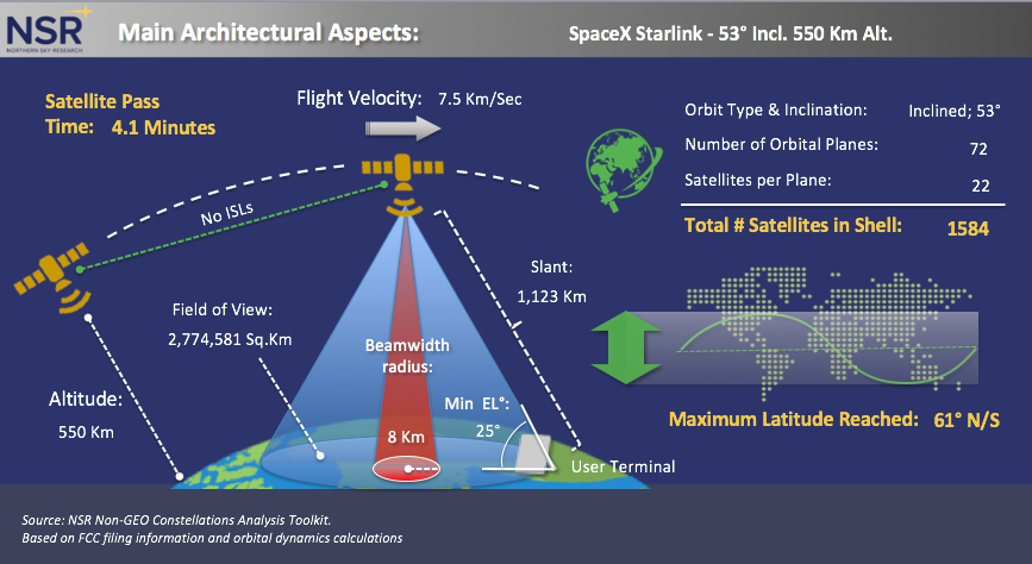Elon Musk’s Starlink, the satellite internet company, has applied for a license to enter the Namibian market. Elon Musk’s ambitious satellit...
 |
| Elon Musk’s Starlink, the satellite internet company, has applied for a license to enter the Namibian market. |
Elon Musk’s Starlink eyes expansion into Namibia’s internet market.
Starlink has expanded its operations into several African countries, bringing its satellite internet services to regions often facing connectivity challenges due to infrastructure limitations. South Africa was among the first African countries to gain access to Starlink. South Africa’s relatively advanced infrastructure and significant tech-savvy population made it an ideal early market for Starlink’s services. Here below are African countries that deployed Starlink:
- South Africa
- Nigeria
- Kenya
- Mozambique
- Rwanda
- Malawi
- Zambia
- Benin
Starlink, a subsidiary of SpaceX, is an innovative project aimed at providing high-speed internet across the globe using a constellation of low Earth orbit (LEO) satellites. Since its inception in 2015, Starlink has launched thousands of satellites into space, forming a constellation of networks designed to deliver high-speed, low-latency internet to underserved and remote areas. The technology promises to bridge the digital divide, offering connectivity where traditional internet infrastructure is lacking or non-existent.
Why Namibia?
Namibia, with its clean cities and vast rural expanses, presents a unique challenge and opportunity for internet service providers. Despite a growing urban population and increasing internet penetration in cities, many rural and remote areas such as Opuwo, Sesfontein, Khorixas, Divundu, Nkurenkuru, Aroab, Epukiro, Aminuis, Gibeon, Maltahöhe, Aranos, Uis, Spitzkoppe, Tondoro, Kongola, Otjituuo, Sangwali, Tsumkwe, Omangheti, Chinchimani, Okongo, Endola, Omungwelume, Onayena, Okankolo, Tsandi, Okahao and so forth remain underserved. Current internet services provided by Mobile Telecommunications Company (MTC), and Telecom Namibia can be slow, expensive, and unreliable, creating a significant digital divide within the country.
 |
| Starlink constellation is a large network of low Earth orbit (LEO) satellites developed by SpaceX. |
Potential Benefits for Namibia
- Educational Advancements: Reliable internet access is crucial for modern education. With Starlink, students in remote areas could gain access to online learning resources, virtual classrooms, and global knowledge networks, leveling the educational playing field.
- Healthcare Improvements: Telemedicine services could flourish with better internet connectivity, allowing patients in distant regions to consult with specialists, access medical information, and receive timely care without the need to travel long distances.
- Economic Opportunities: Enhanced internet access can drive economic growth by enabling e-commerce, digital entrepreneurship, and access to global markets. Small businesses and startups in Namibia could benefit significantly from the improved connectivity.
- Social Connectivity: Improved internet access can strengthen social ties by allowing people to communicate more easily with friends and family, both locally and internationally. Social media, video calls, and online communities can flourish, enhancing the social fabric of the country.
- Government Services: Efficient internet infrastructure can streamline government services, making them more accessible and effective. This can lead to better governance and improved public services, benefiting the entire population.
Starlink’s application for a license to operate in Namibia marks an exciting development in the country’s digital landscape. If deployed, it could bring transformative changes, bridging the digital divide and fostering growth and development in numerous sectors. As Namibia looks to the future, the arrival of Starlink could be a significant step towards a more connected, inclusive, and prosperous society.





